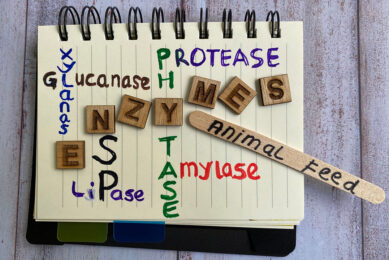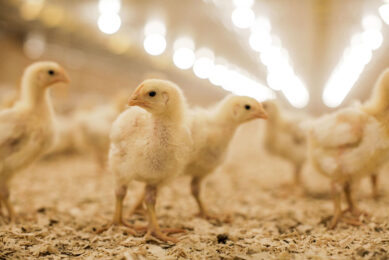Company update: Novozymes
Danish enzymes maker Novozymes reported a second-quarter operating profit increase of 5.8% on a year ago.
This was at the low end of expectations, but the company said lower costs enabled it to maintain its full-year profit forecast.
Operating profit in the three months rose to 399 million Danish crowns ($76 million) in the three months to end-June.
The company maintained its 2009 full-year forecast of an operating margin of 19-20% and "slightly positive" sales growth in local currencies.
"Our volume is expected to rise only slightly this year and that means the addition to our production facilities in especially China and the US (in Nebraska) can be postponed a little bit, but they are not stopped," Chief Executive Steen Riisgaard said.
Biofuel risks
Enzymes for bioethanol account for about a sixth of group revenue but Novozymes. Sales of technical enzymes, including those for ethanol production, were up by 6% to 624 million crowns.
However, sales of enzymes to the bioethanol industry were below expectations due to North American plant closures.
US ethanol producers including Aventine Renewable Holdings Inc., Renew Energy LLC and VeraSun Energy Corp., have filed for bankruptcy protection after facing volatile corn prices and reduced demand due to the recession.
“Some big producers that were exclusively using Novozymes enzymes went into bankruptcy,” Riisgaard said. “We are postponing our capacity expansion a bit to reflect the fact that volumes did not develop as predicted.”
Ethanol from cellulose
The US government has mandated the use of 1 billion gallons of cellulosic ethanol made from agricultural waste by 2013 and 16 billion gallons by 2022.
“Cellulosic ethanol will be a big market,” the CEO said. “The only question is when it will take off in a big way.”
Novozymes and competitor Danisco A/S said they will be ready to provide commercially viable enzymes to producers of cellulosic ethanol starting in 2010. Riisgard said he doesn’t expect the fuel to be made on an industrial scale until 2012.











